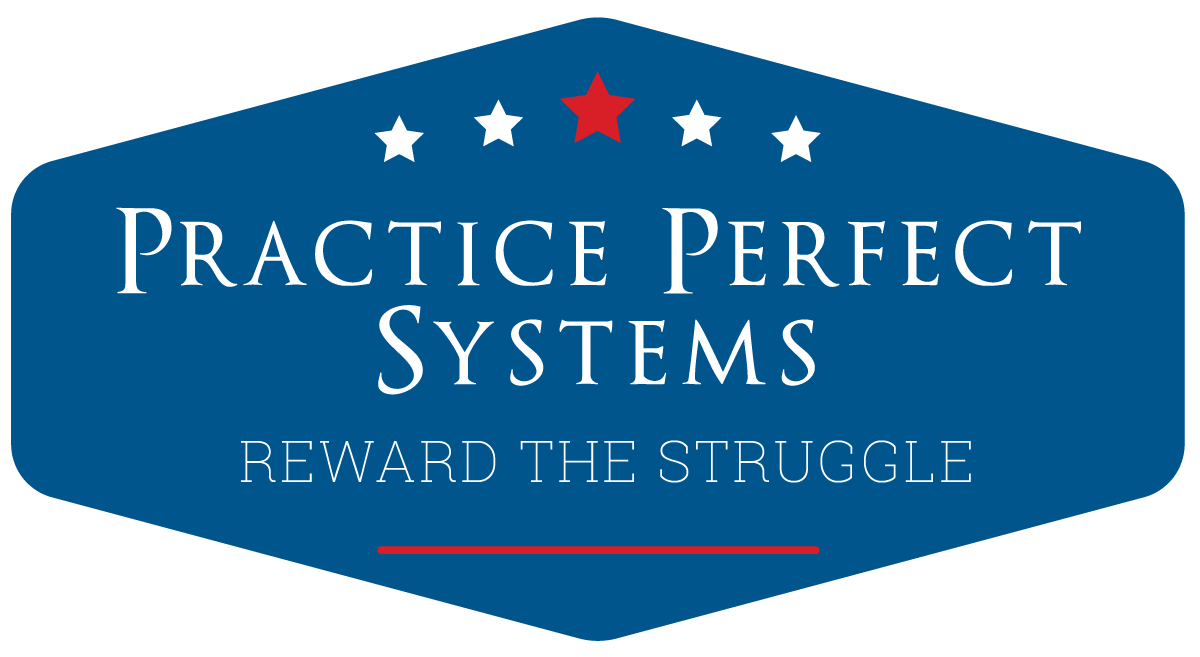At a time when “evidence-based” everything is all the rage; I would like to share my experience and philosophy in regard to salivary diagnostics. My approach comes from a non-scientific perspective garnered from my 40+ years of clinical experience. I come at it from both a trained scientific, human, psychological, patient management and pragmatic mindset.
Several years back, I had a discussion with a well-respected career academic and journal editor about “evidence-based” medicine. He questioned my use of salivary diagnostics as related to therapeutic recommendations. In his opinion, he felt that charging for a “test” that might not have evidence-based, proven therapeutic validity was…unethical.
I disagreed with him and asked, “What’s the value of an ‘evidence-based’ therapy that a patient won’t accept?” I know and respect science. I lived in the academic world for 30 years at an ivy league institution, but I have also been a clinician for over 40 years. In dental school, we were taught to “educate” our patients. What we were not taught was how to listen to them.
While I love to educate, I realize that people are motivated by their self-interests. Understanding a patient’s motivation is a key to relationship, trust, and treatment acceptance. Appreciating a person’s “why” requires skillful questioning and listening.
WHY do patients come to us? What are their concerns, fears, hopes, and dreams?
That is what we need to discover. This is emotional evidence, and it needs to be considered in treatment planning and presentation.
The process begins with a single question. “What’s important to you?” And then, LISTEN to what is being said, how it is said, and the emotions conveyed between the lines.
Salivary diagnostics, or as I call it, “bacteria profiles,” offer non-partisan, third-party corroboration of the clinical picture in a way that resonates with people. It allows the clinician/diagnostician to connect the dots to the patient’s WHY. Connecting the dots of clinical evidence with emotional evidence is another key to open the door for a doctor-patient relationship that can result in optimal health and wellness.
My academic colleague failed to appreciate the challenge of communicating what we believe as “needs” to patients who will only accept “wants.” OralDNA® Labs, through their comprehensive reports, provides that link.
Many of our patients need to SEE evidence rather than being told, or worse, lectured to. Any visible evidence, such as a lab report, we can show to patients about their conditions and how they can be resolved connects with their WHY and helps facilitate the treatment acceptance process.
OralDNA® reports are, in my opinion, a very effective communication tool. I appreciate the great science behind salivary diagnostics; however, patients oftentimes do not care about science. They frequently care about what science can do for them.
COVID-19 has changed much. Impersonal communications, reduced doctor-patient interface, virtual everything, and artificial intelligence can threaten to change the doctor-patient relationship as we know it. We need all the resources we can muster to help connect us to our patients and them to the science that will bring solutions they need. Salivary diagnostics can be one of those resources.
To learn more about Practice Perfect Systems, click Here.
For more information on how to become an OralDNA Provider – scan HERE: 
- Flying Blind: A Wake-Up Call – Part One - June 27, 2025
- The Hidden Threat to Dental Implants: Why Ignoring Bacteria is a Risky Gamble – Part 2 - March 14, 2025
- The Hidden Threat to Dental Implants: Why Ignoring Bacteria is a Risky Gamble – Part 1 - February 28, 2025

